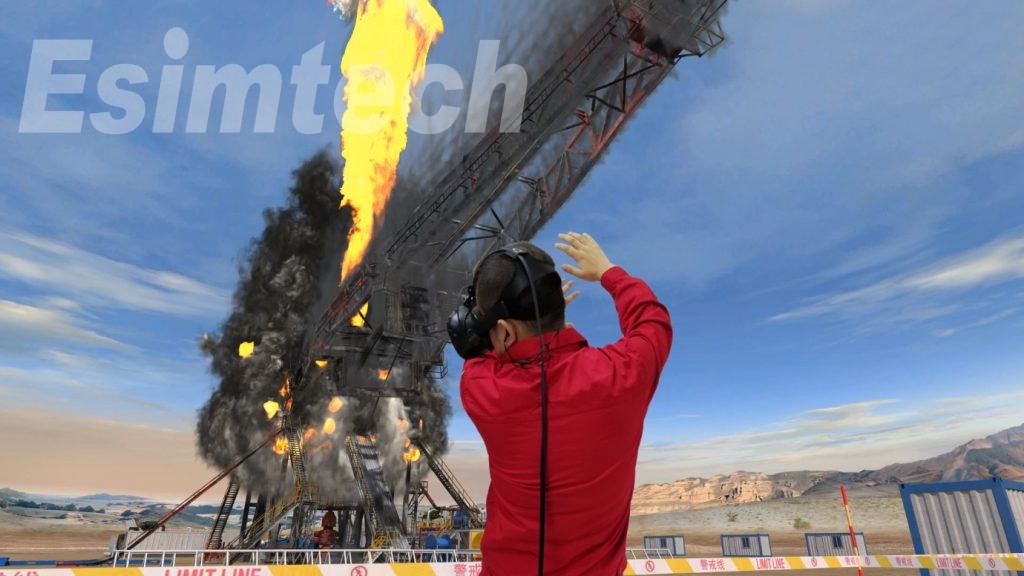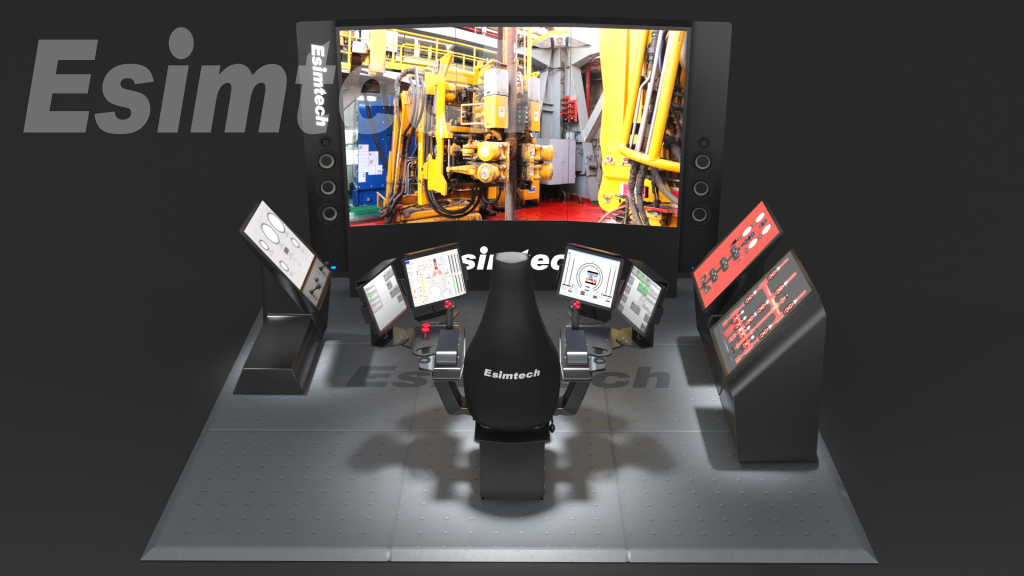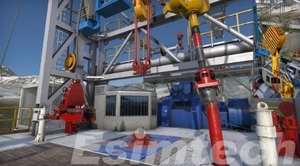The Pivotal Role of Simulation Technology in the Prevention of Oil Field Accidents
الجسم
The extraction and utilization of oil have undeniably shaped the modern world, fueling industries, transportation, and daily life. However, this pursuit of a valuable resource is not without its dangers. Oil field accidents, ranging from minor mishaps to catastrophic events, can have profound consequences on human lives and the environment. In this comprehensive exploration, we delve into the intricate causes and impacts of oil field accidents, discuss prevention strategies, and highlight how simulation technology is emerging as a transformative tool in enhancing safety within the oil and gas industry.
Understanding Oil Field Accidents:
Oil field accidents encompass unforeseen incidents occurring during various phases of oil and gas operations, including exploration, extraction, production, transportation, and processing. From equipment malfunctions to explosions and toxic chemical releases, these accidents result from a combination of technical failures, human errors, and external factors. Their consequences can be severe, impacting human lives, the environment, economies, and company reputations.

Influences of Oil Field Accidents:
Oil field accidents exert profound influences across environmental, economic, and societal dimensions:
Human Lives: Loss of lives and worker injuries.
Environmental Devastation: Contamination of water bodies, soil, and air.
Economic Disruption: Revenue loss, cleanup costs, legal settlements, and fines.
Reputation and Trust: Public outcry, increased scrutiny, and calls for stricter regulations.
In summation, these accidents cast a long shadow over the environment, economy, society, and policy framework, necessitating comprehensive preventive measures.
Preventing Oil Field Accidents:
A multi-faceted approach is essential for prevention:
Robust Training: Simulation-based training for workers in a controlled environment.
Regular Maintenance: Inspection and maintenance to identify potential issues.
Advanced Technologies: Sensors, monitoring, and predictive analytics for early warnings.
Stringent Regulations: Government oversight to enforce safety standards.
Safety Culture: Fostering a culture of safety within organizations.
Investment in Research: Developing safer extraction methods and technologies.
Role of Simulation in Prevention:
Simulation technology is pivotal in preventing oil field accidents:
Real-World Replication: Identifying vulnerabilities and risks without endangering personnel or the environment.
Training and Education: Virtual traning simulation used in drills for hands-on experience in responding to emergencies.

Emergency Response Strategies: Assessing different strategies for optimal responses.
Fostering Collaboration: Stakeholder collaboration in visualizing and analyzing potential accident scenarios.
Real-World Applications of Simulation:
Drilling Operations: Drilling simulators analyze variables like pressure and equipment performance.
Predicting Blowouts: Predicting blowout scenarios to design fail-safes.
Pipeline Integrity: Assessing factors like corrosion and pressure changes.

Conclusion:
Oil field accidents pose significant threats, but simulation technology emerges as a powerful ally in enhancing safety. By providing a controlled environment for analysis, training, and innovation, simulations empower professionals to make informed decisions, prevent accidents, and ensure responsible resource extraction. As technology evolves, simulations will play a vital role in shaping the future of oil field safety.








تعليقات